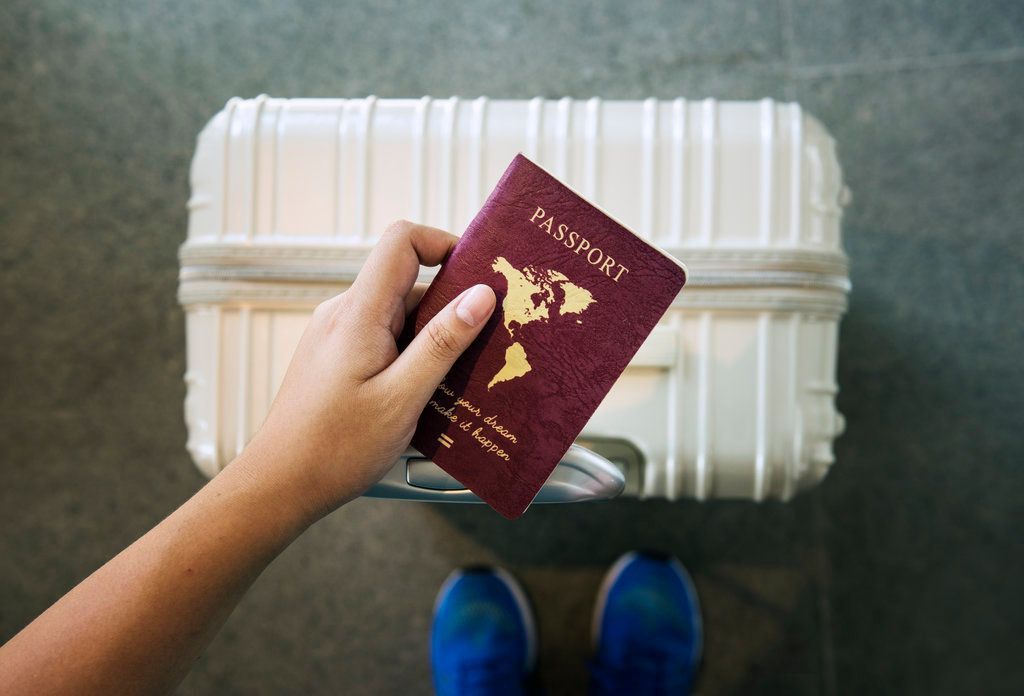What It Takes To Be A Polish To English Translator
Have you ever thought about what it's like to work as a person who changes words from Polish to English in a city where many different cultures come together, like Vancouver? Polish to English translation in Vancouver, has become increasingly important due to the other cultures living there, and more and more people coming to Canada.
A good translator doesn't just change words from one language to another. They ensure that the true meaning and cultural context stay the same. This blog discusses what it takes to be a great translator from Polish to English.
Essential Skills for Polish to English Translators
Polish-to-English translators ensure clear, precise, and culturally relevant translations across various fields, such as the legal, medical, business, and technical sectors. Accuracy and context are crucial.
➔ Language Mastery
Translators must be fluent in both Polish and English and able to understand complex terminologies, idiomatic expressions, and cultural references unique to Polish. Proficiency involves capturing the tone and intent of the source material.
➔ Cultural Competence
Translators must be fluent in both Polish and English and able to understand complex terminologies, idiomatic expressions, and cultural references unique to Polish. Proficiency involves capturing the tone and intent of the source material.
➔ Attention to Detail
In translation, minor errors can change the meaning of a document, potentially causing misunderstandings. Translators must pay close attention to grammar, punctuation, and syntax to preserve the original text's integrity.
➔ Subject Matter Expertise
Polish to English translators often specialize in industries such as legal, medical, or technical fields to accurately render industry-specific terminology in documents like contracts, medical reports, and user manuals.
➔ Research Skills
Even the most seasoned translators encounter unfamiliar terms. Practical research skills enable them to find appropriate equivalents and ensure their translations are accurate and contextually relevant.
Challenges Faced by Polish to English Translation in Vancouver
Translating between Polish and English presents unique challenges due to significant differences in structure, idioms, and expressions. Polish is highly inflected, and word forms change based on grammatical function, which contrasts with English's reliance on word order and auxiliary words.
Additionally, Polish cultural references may be unfamiliar to English speakers. Translators must skillfully navigate these disparities without compromising the original message's intent. This complexity underscores the vital importance of professional translation services, such as those offered by Calgary Translation Services, in facilitating effective cross-linguistic communication.
FAQs
Q1. What qualifications are needed to be a Polish to English translator?
To become a Polish to English translator, one typically needs a degree in translation, linguistics, or a related field. Certifications from recognized bodies, such as the American Translators Association (ATA), can also enhance credibility.
Q2. How do Polish to English translators handle specialized terminology?
Specialized terminology is managed through extensive research, consulting with industry experts, and using specialized dictionaries. Translators often have experience or additional training in the specific field they are working in.
Q3. Are machine translations reliable for Polish to English translations?
While machine translations can provide a basic understanding, they often miss nuances and cultural context. Professional human translators are necessary for accuracy, especially in sensitive or specialized documents.
Q4. How do translators ensure the privacy of translated documents?
Professional translation agencies follow strict confidentiality protocols, including non-disclosure agreements, to protect clients’ data and ensure that translated content is handled securely.
Q5. What is the turnaround time for Polish to English translation services?
Turnaround times vary depending on the document’s length and complexity. Calgary Translation Services, for example, typically offers a 2-3 business day delivery for most standard documents.
Finalizing,
Polish to English translation in Vancouver is more than just converting words; it's about preserving meaning, intent, and cultural significance. Entrusting your documents to skilled professionals is always the best choice for accurate and reliable translations.
Ensure your Polish to English translations are handled with care and expertise. Reach out to our professional team now!


CONTACT US
MENU
BUSINESS HOURS
With In-Person Mobile Services or over the Phone/Email
24 HOURS
Smart Site Design & SEO Services by Green Lotus Agency










